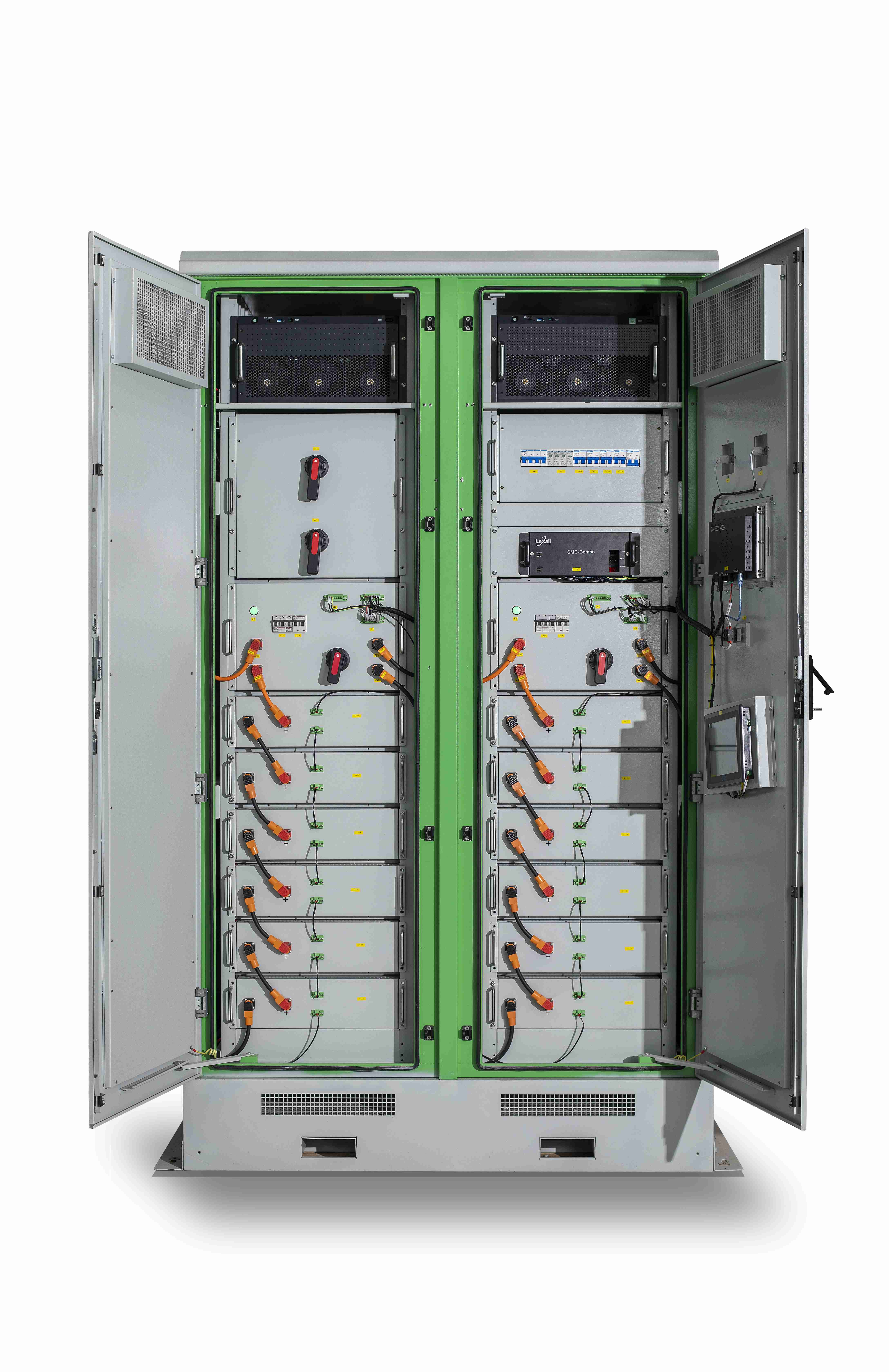
Dec . 25, 2024 05:26 Back to list
Innovative Technologies in Sustainable Electrochemical Energy Storage Solutions for the Future
Electrochemical Energy Storage Products Revolutionizing Energy Management
In today's rapidly evolving energy landscape, the demand for efficient and sustainable energy storage solutions has never been more critical. Electrochemical energy storage products, primarily comprising batteries and supercapacitors, play a pivotal role in managing energy supply and demand, enhancing grid stability, and enabling the integration of renewable energy sources. This article explores the various electrochemical energy storage products available in the market, their benefits, and their future prospects.
A Brief Overview of Electrochemical Energy Storage
Electrochemical energy storage systems convert electrical energy into chemical energy and store it for later use. The most prevalent and well-known form of this technology is the battery, which includes various chemistries like lithium-ion, lead-acid, and nickel-metal hydride. Each type offers distinct advantages and disadvantages, making them suitable for different applications.
Lithium-Ion Batteries Lithium-ion batteries have become the gold standard for energy storage due to their high energy density, long cycle life, and relatively low self-discharge rates. They are widely used in consumer electronics, electric vehicles (EVs), and increasingly in stationary energy storage applications. Recent advancements in lithium-ion technology have led to the development of solid-state batteries, which promise even greater safety and performance by replacing the liquid electrolyte with a solid material.
Lead-Acid Batteries Although older technology, lead-acid batteries remain popular due to their low cost and reliability. They are primarily used in uninterruptible power supplies (UPS), backup systems, and smaller energy storage applications. While less efficient compared to lithium-ion batteries, their ability to deliver high surge currents makes them invaluable in specific contexts.
Supercapacitors Supercapacitors, or ultracapacitors, represent another form of electrochemical energy storage. They store energy through the electrostatic separation of charges, allowing for rapid charge and discharge cycles. Though they typically have a lower energy density compared to batteries, their higher power density makes them ideal for applications requiring quick bursts of energy, such as regenerative braking in vehicles or power stabilization in renewable energy systems.
Benefits of Electrochemical Energy Storage Products
electrochemical energy storage products

The integration of electrochemical storage products into energy systems offers numerous benefits. Firstly, they facilitate the adoption of renewable energy sources like solar and wind by smoothing out the intermittency associated with these technologies. By storing excess energy generated during peak production times and releasing it during periods of high demand, energy storage systems can enhance grid reliability and reduce reliance on fossil fuels.
Secondly, these systems contribute to lowering greenhouse gas emissions. By enabling more efficient use of cleaner energy, electrochemical storage products help to mitigate climate change and promote a more sustainable energy future.
Lastly, the growing market for electric vehicles is driving advances in battery technology, leading to cost reductions and improvements in performance across the board. As the demand for electric mobility increases, manufacturers are investing heavily in research and development, paving the way for innovative solutions and products.
Future Prospects
Looking ahead, the future of electrochemical energy storage products is promising. With continued advancements in battery technology, including improvements in energy density, safety, and recyclability, we can expect even broader adoption across various sectors. New chemistries and materials are being explored, such as sodium-ion and flow batteries, which could provide cost-effective alternatives to current technologies.
Additionally, the growing emphasis on circular economy principles will lead to more efficient recycling and repurposing of battery materials, thereby reducing waste and the environmental footprint associated with energy storage technologies.
In conclusion, electrochemical energy storage products are critical to building a sustainable energy future. As technology progresses and costs decline, we can anticipate their expanded use across various applications, significantly contributing to the global transition toward cleaner energy sources.
-
High-Efficiency Microinverter Solutions Top Microinverter Suppliers & Exporters
NewsJul.08,2025
-
Top Energy Storage Companies Leading Utility Scale & Long Duration Solutions
NewsJul.08,2025
-
Charge Point Charger - Reliable Charging Solutions for EVs Leading Charge Point Charger Company & Exporters
NewsJul.07,2025
-
Types of Battery Energy Storage Systems - Leading Products & Exporters Company
NewsJul.07,2025
-
AC or DC Power Supply in Home Trusted Google Home Power Supply Voltage Manufacturers
NewsJul.07,2025
-
High-Performance Portable Power Station 220V – Reliable Energy Solutions for Outdoors & Emergencies
NewsJul.06,2025























